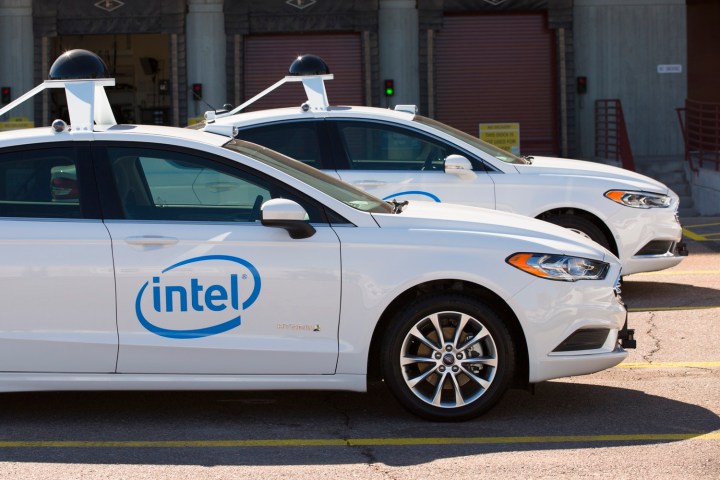
“The National Highway Traffic-Safety Administration (NHTSA) seeks comments to identify any unnecessary regulatory barriers to Automated Safety Technologies, and for the testing and compliance certification of motor vehicles with unconventional automated vehicles designs, particularly those that are not equipped with controls for a human driver; e.g., steering wheel, brake or accelerator pedal,” the report said. “Further, NHTSA seeks comments on the research that would be required to remove such barriers. This action will inform subsequent steps in the regulatory process to amend Federal motor vehicle safety standards (FMVSS) and other motor vehicle regulations in order to safely lay a path for innovative automated vehicle designs and technology.”
Numerous auto manufactures and tech companies are working to employ self-driving cars, but they are being hampered by nearly 60 years of safety regulations designed with human drivers in mind. For example, one such regulation requires that a vehicle’s brakes be controlled by the driver’s feet.
The NHTSA said that it hopes to begin receiving public comments by the end of November. The agency is also asking for input regarding what research it needs to undertake to determine which rules should be rewritten or removed altogether in regards to self-driving cars. However, it could take years for the agency to finish its research, and some proponents of self-driving cars are pushing Congress to act.
Such advocates scored a major victory in early October, when the Senate approved a bill that would make it easier to for companies to deploy self-driving cars. Several car manufacturers and tech companies lauded the bill, but it faces opposition from auto safety organizations that believe the NHTSA should enforce stricter safety regulations.
“Based on the guidelines that released, we have a pretty pessimistic view on how they view their regulatory role when it comes to autonomous vehicles,” Peter Kurdock, director of regulatory affairs at Advocates for Highway and Auto Safety, told Automotive News. “When they talk about regulatory barriers, we don’t see them as barriers, we see them as safeguards.”
Editors' Recommendations
- Tesla Autopilot vs. full self-driving: What’s the difference?
- Beleaguered robotaxi startup Cruise lays off quarter of workforce
- Cruise’s robotaxi service suspended by California regulator
- Waymo expands robotaxi service area in San Francisco
- Cruise autonomous vehicle drives over woman just after she was hit by another car

